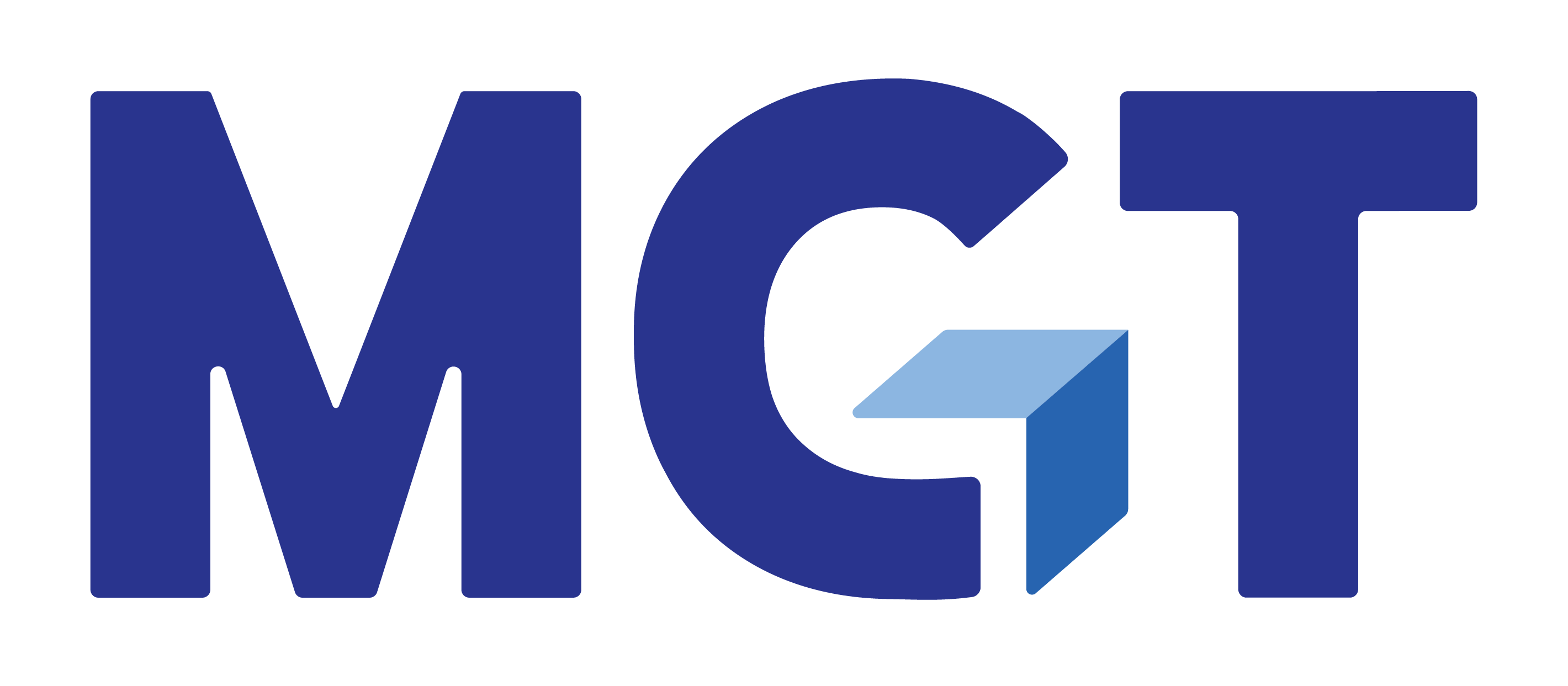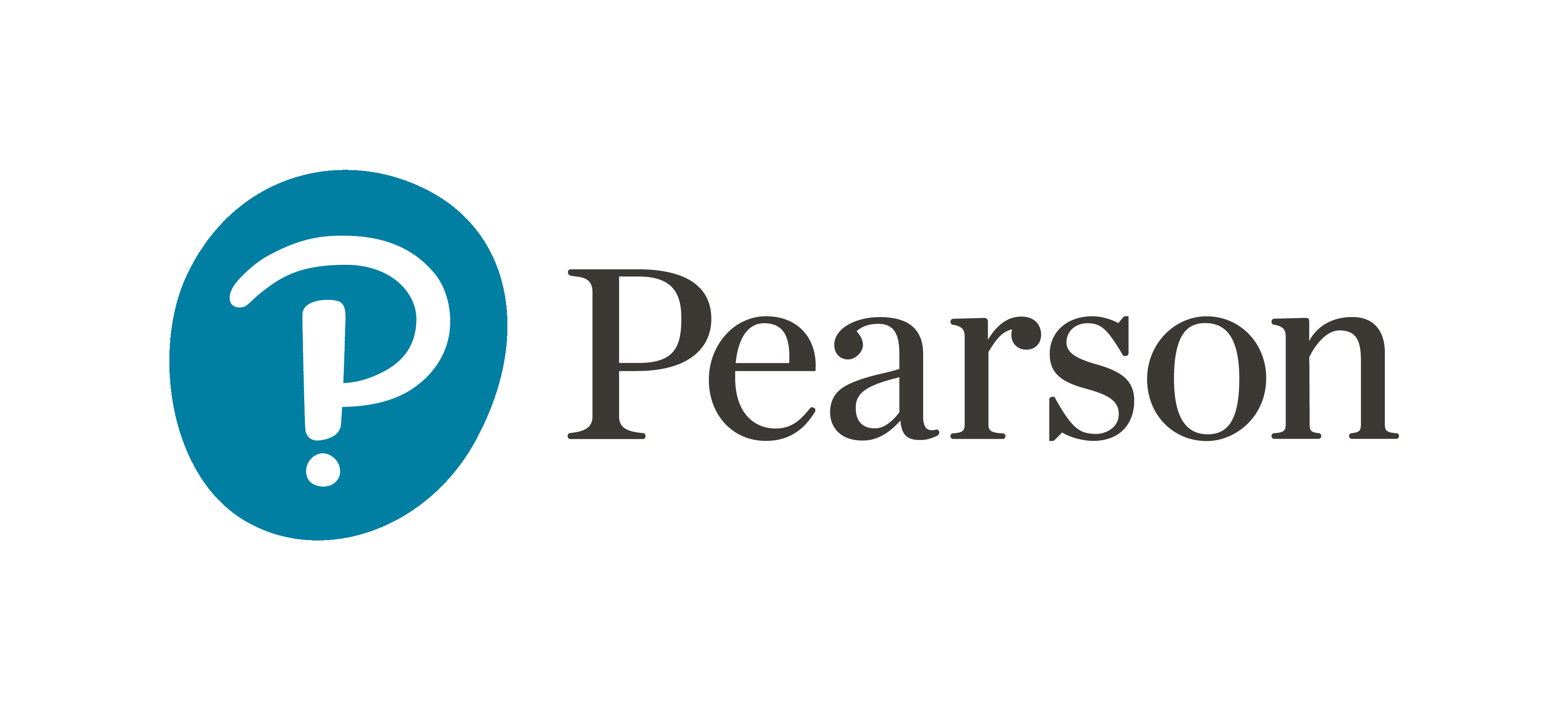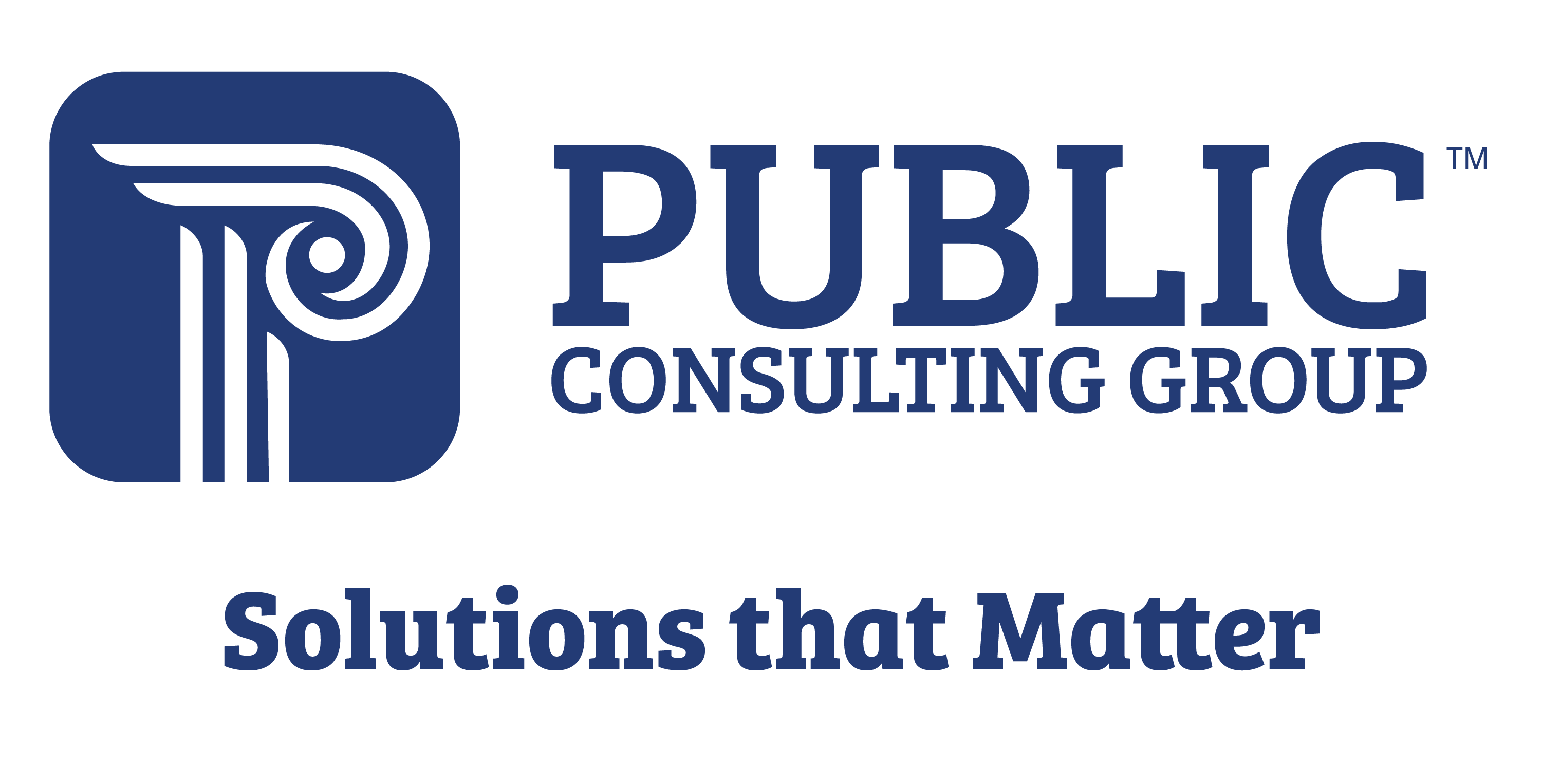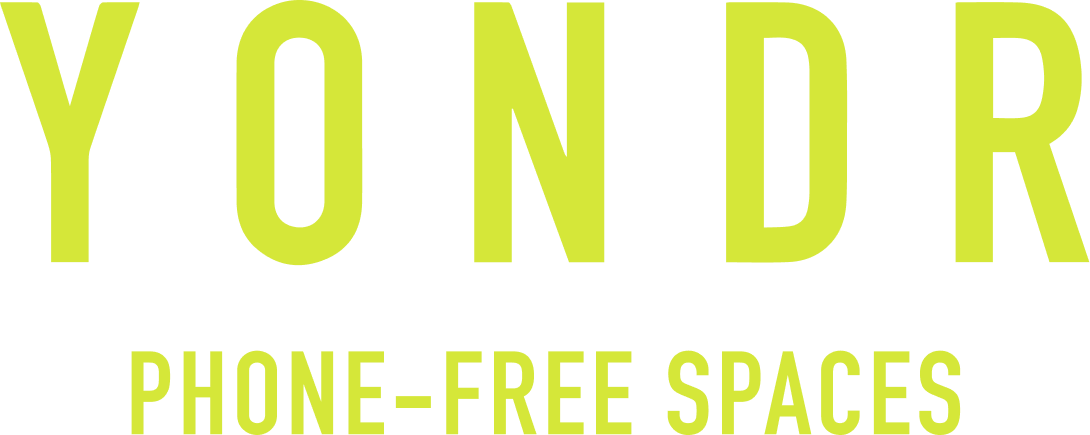Schedule
Wednesday
3:30 PM – 7:00 PM
Registration Desk Open
6:00 PM – 8:00 PM
Welcome Reception sponsored by PowerSchool
Thursday
7:30 AM – 5:00 PM
Registration Desk Open
7:30 AM – 8:30 AM
Networking Breakfast
8:30 AM – 9:15 AM
Opening Keynote
Governor Jeb Bush
Jeb Bush, ExcelinEd Chairman and 43rd Governor of Florida, shares his vision for transforming education with proven policies that close learning gaps, expand opportunity, build pathways to in-demand jobs and more. This opening keynote will inspire policymakers to go big and be bold on behalf of America’s students.
Moderated by: Secretary Katie Jenner, Indiana DOE
9:30 AM – 10:30 AM
Strategy Sessions
SPOTLIGHT SESSION: Why Private School Choice Matters: A Conversation Every Policymaker Should Hear
School choice generates the most passionate, thoughtful and sometimes adversarial conversations about its place in education policy. Yet there’s no denying that families love it, and students are thriving because of it. Join two of education’s most innovative thinkers—50CAN’s Derrell Bradford and ExcelinEd’s Patricia Levesque—for a fireside chat on the state of private school choice, its exponential growth in the past few years and how it fits in today’s accountability continuum.
Moderator: Gerard Robinson, University of Virginia
Panelists:
- Derrell Bradford, 50CAN
- Patricia Levesque, CEO, ExcelinEd
Cutting-Edge Strategies to Support Rural Education
Join us as we venture off the beaten path to explore cutting-edge solutions transforming rural education. Learn how leaders are rethinking and restructuring traditional college and career pathways in rural localities, recruiting educators for rural schools and crafting personalized learning models tailored to rural students. Discover how these innovative strategies are paving new roads to success for our rural communities.
Moderator: Superintendent Kirsten Baesler, North Dakota DPI
Panelists:
- Brett Alessi, Empower Schools
- Janet Ayers, Ayers Foundation Trust
- Senator Adam Pugh, Oklahoma
Reversing the Curve on Math Performance
NAEP data in math are discouraging, but solutions are possible. What can states do to turn around the national decline in students’ K-8 math performance? Join us for a deep dive into current trends in mathematics policy drawn from ExcelinEd’s new 50-State Math Policy Scan. We’ll also spotlight innovative strategies in Utah and North Carolina that are successfully moving the needle on student math achievement.
Moderator: Shannon Holston, National Council on Teacher Quality
Panelists:
- Brenda Berg, BEST NC
- Lindsey Henderson, ExcelinEd
- Dr. Patrick Jones, The Mind Trust
- Patty Norman, Utah SBoE
Early Literacy Always Matters!
ExcelinEd’s online policy framework, Early Literacy Matters, offers a suite of tools to support policymakers as well as teachers and administrators, students and their families. It’s a comprehensive, first-of-its-kind resource that is strengthening the bridge between early literacy policy and implementation. Join us to get an inside look at states’ implementation efforts and to learn how policymakers are using Early Literacy Matters to inform policy decisions.
Moderator: Dr. Kymyona Burk, ExcelinEd
Panelists:
- Superintendent Cade Brumley, Louisiana DOE
- Secretary Katie Jenner, Indiana DOE
- Dr. Kiffany Pride, Arkansas DOE
- Dr. Tenette Smith, Maryland DOE
10:30 AM – 10:45 AM
Networking Break
10:45 AM – 11:45 AM
Strategy Sessions
SPOTLIGHT SESSION: Take it from the Top: Two State Chiefs on Education Innovations
Don’t miss this panel discussion featuring two state chiefs who are reshaping the educational landscape with bold and innovative solutions. Indiana’s Katie Jenner discusses career savings accounts, teacher data and microgrants, and Arkansas’s Jacob Oliva dives into early literacy policy and teacher policy. Together these leaders offer valuable perspectives and actionable bold ideas for educators, policymakers and stakeholders committed to advancing student-centered education.
Moderator: Cara Candal, ExcelinEd
Panelists:
- Secretary Katie Jenner, Indiana DOE
- Secretary Jacob Oliva, Arkansas DOE
Data Science Now: Insights from Early Adopters of State Policy
Three states—Tennessee, Utah and West Virginia—are ahead of the national curve with policies to ensure students gain robust skills in data science. Leverage the insights of these early adopters to learn more about the “hows” and “whys” of data science education. You’ll benefit from their lessons learned and gain better understanding about the intersection of traditional mathematics with modern-day data science.
Moderator: Zarek Drozda, Data Science 4 Everyone
Panelists:
- Tim Flatley, West Virginia DOE
- Tyler Haslam, Granite School District
- Deborah Knoll, Tennessee DOE
Charter School Growth: What are States Doing Right?
Many diverse policies have been enacted in states to expand the public charter school sector. Are they working? If so, which ones are making a difference? We’ll take an in-depth look at states’ success with three high-impact strategies: robust facilities funding, freedom from burdensome regulations and multiple charter authorizers.
Moderator: Michael Petrilli, Thomas B. Fordham Institute
Panelists:
- Senator Alexis Calatayud, Florida
- Senator Linda Rogers, Indiana
- Christy Wolfe, National Alliance for Public Charter Schools
Improving Academic Performance Starts with Accountability
National and state education organizations agree: Leaders must hold systems, students and educators to consistently high standards to improve learning—and must collect actionable data on performance and progress and share responsibility for results. As the accountability landscape at the federal and state levels continues to shift, a group of edpolicy leaders developed principles to guide policy and advocacy efforts on the future of assessment and accountability. Learn how two states, Tennessee and Louisiana, have embodied these principles and are doubling down on school accountability and transparency, upholding high expectations that lead to better student outcomes.
Moderator: Chris Cerf, Former Superintendent of Newark Public Schools
Panelists:
- Superintendent Cade Brumley, Louisiana DOE
- Commissioner Lizzette Gonzalez Reynolds, Tennessee DOE
- Christy Hovanetz, ExcelinEd
11:45 AM – 12:00 PM
Networking Break
12:00 PM – 1:30 PM
Lunch Keynote
Rt. Hon. Nicolas Gibb, former UK Minister of Education
A British policymaker and longtime education leader, Gibb served as Minister of State at the United Kingdom’s Department for Education for more than a decade under four Prime Ministers. Previously he held the positions of Minister for School Standards and Minister for Schools, focusing on improving student achievement and the country’s accountability system. The Rt. Hon. Nick Gibb is a former Member of Parliament (MP), serving in the House of Commons from 1997 to 2024.
Moderated by: Eric Cantor, ExcelinEd Board Member
1:30 PM – 1:45 PM
Networking Break
1:45 PM – 2:45 PM
Strategy Sessions
SPOTLIGHT SESSION: Redesigning High School: What Should High School Guarantee Students?
Forward-looking states are prioritizing efforts to redesign the high school experience, but what exactly does that mean? Overhauling the system, or just a bigger focus on careers? What should be added, removed or changed altogether? All great questions—but let’s start with a simpler one: What should the high school experience guarantee to students? Join us for a discussion about how states can level up the high school experience and ensure that every student graduates with currency for their future.
Moderator: Quentin Suffren, ExcelinEd
Panelists:
- Representative Terri Collins, Alabama
- Speaker Todd Huston, Indiana
- Scott Laband, Colorado Succeeds
- Commissioner Geoffrey Landward, Utah System of Higher Education
Declining School Enrollment: Policies that Overcome Challenges, Seize Opportunities
Public school districts are facing a financial “perfect storm” as birth rates drop, students choose alternative settings, federal stimulus funding ends and inflation takes its unavoidable toll. Join us to learn about state policies that minimize harm from declining enrollments—to students, educators and schools—while also seizing the opportunity to expand choice, promote innovation and invest in evidence-based policies that keep public systems strong.
Moderator:
- Chad Aldeman, Read Not Guess
Panelists:
- David Buyze, Indiana DOE
- Jack Elsey, Educator Workforce Initiative
- Matthew Joseph, ExcelinEd
Beyond K-12: How Performance Funding Can Drive Postsecondary Success
States are increasingly using financial incentives to reward schools for their students’ success beyond K-12, whether postsecondary enrollment, employment or enlistment. Join us to learn about the key components of effective performance funding and how the most advanced models also require educational institutions to help students with post-graduation transitions, a key step for further achievement.
Moderator: Dr. Larry Miller, Greenville Technical College
Panelists:
- Representative Bob Behning, Indiana
- Dr. Paul Burns, Florida DOE
- Madison Yandell, Texas Governor’s Office
The Brave New World of AI: Reflections on a Year of Challenges and Opportunities
Artificial intelligence (AI) is moving into the world of education at an accelerated and unprecedented rate. It’s exciting and alarming at the same time—and it’s pressing policymakers to identify policies and timely solutions for AI’s unique opportunities and challenges. This spotlight session brings together experts in technology and education policy to reflect on the progress made, address the obstacles encountered and discuss the future trajectory of AI in education.
Moderator: Adriana Harrington, ExcelinEd
Panelists:
- Adam DiBenedetto, Louisiana DOE
- Senator Michael Lee, North Carolina
- Alex Spurrier, Bellwether
- David Zatorski, First Avenue Elementary School (New Jersey)
2:45 PM – 3:15 PM
Coffee Break
3:15 PM – 4:30 PM
General Session
Johann Hari, Author, Stolen Focus
Johann Hari is an acclaimed author, journalist and thinker known for his work on attention, mental health and social issues. He has written three New York Times bestselling books, including Stolen Focus: Why You Can’t Pay Attention, which explores the reasons behind our declining ability to focus and its impact on society. In addition to his writing, Hari has produced an Oscar-nominated movie and a TV series. Born in Scotland and raised in London, Johann studied Social and Political Science at King’s College, Cambridge. He splits his time between London and traveling the world to conduct research for his books.
5:00 PM – 5:45 PM
Sponsored Roundtable Sessions

Proving What’s Possible in Urban Education: A growing number of US cities are significantly improving outcomes for low-income students. What do they have in common?
In nearly every large U.S. city, a majority of students come from economically disadvantaged backgrounds. Academic performance in these districts typically lags far behind all other students in that state. This reality means students most in need of high-quality schools are locked out of key pathways to economic opportunity. Over the last decade, cities that have taken steps to aggressively expand the number of public school choices available to all students have seen a true rising tide: ALL students have started to catch up to their more affluent peers statewide. The opportunity gap has begun to close. Join City Fund and The Mind Trust for a roundtable discussion to learn about the recent findings that show strong evidence of citywide academic transformation in Indianapolis and other cities nationwide.

A Tale of Two ESA Programs
As new ESA programs are launched and current programs are expanded across the country, there has been a lot of discussion about where to house these unique initiatives. Should a state agency be tasked with administering an ESA, or is a nonprofit, 3rd-party program manager the way to go? We’ll discuss both the pros and cons, as well as lessons learned in launching two very unique ESA programs: the Education Scholarship Trust Fund program, administered by the South Carolina Department of Education, and the Utah Fits All Scholarship program, administered by ACE Scholarships.
Speakers:
• Sarah Raybon, Sr. Director of Strategic Initiatives, ClassWallet
• Meka Childs, South Carolina Department of Education
• Jackie Guglielmo, ACE Scholarships

Prioritizing Equity: Structured Literacy for an English Learner’s Right to Read
The Science of Reading illuminates how students learn to read, but English learners face the additional challenge of reading in a new language. Dr. José Viana, a national leader in multilingual education, will lead a roundtable on fostering oral language and reading development. This session will delve into effective literacy instruction for English learners, ensuring equitable opportunities for success. By focusing on both speaking and reading, we aim to empower language minority students to make their voices heard and achieve their full potential. Join us to explore strategies that support and enhance English learners’ literacy skills.
Speaker:
• Dr. José Viana

Building a Talent Pipeline: Preparing Aspiring School Counselors to Systematically Meet the Needs of Students & Families
With many schools facing challenges filling school counselor positions, the Marian University Center for Vibrant Schools is utilizing a Mental Health Service Professional Demonstration grant to not only provide scholarships to aspiring school counselors but also to provide employment opportunities in schools implementing City Connects. City Connects is an integrated student support practice that addresses out-of-school factors that limit student learning in the classroom. Learn how Marian University is building a pipeline for school counselors while also providing much-needed support to students.
Speakers:
• Jillian Lain, Executive Director of Integrated Student Support & Center Strategy, Marian University
• Bob Behning, Assistant Vice President & Center for Vibrant Schools Director, Marian University, and Indiana State Representative, House Education Committee Chair

Maximize student learning outcomes: How to leverage limited funding by engaging partner pay for performance models that focus on student achievement, attendance, and retention of high-quality teachers.
As ESSER funds expire, districts are being asked to rethink allocation of financial resources. Oftentimes this means to do more with less amidst increasingly common teacher shortages and culture challenges. Maintaining focus on high performance in this environment calls for innovative solutions and mutual accountability for all stakeholders. Join us for a dynamic conversation that explores learner centered approaches to tackle this challenge head-on. By focusing on educator engagement strategies, results-oriented vendor contracting, and change management science, participants can walk away with direct next steps to maximize student learning outcomes.

Assessment Re-Defined: Where Do We Go from Here?
In this session, we will explore how states can use AI and other innovative tools to deliver faster, purpose-driven assessment results that support student growth. By involving educators in the design process and aligning assessments with state standards, in combination with advancements in technology, we can ensure a coherent approach to measuring what matters. We will also discuss how future assessments can capture essential skills, like problem-solving and adaptability that prepare students for the workforce, while giving teachers the insights they need to guide learning effectively.
Speaker:
• Trent Workman, Senior Vice President, School Assessment, Pearson

Oklahoma: A Journey in Student Success Through Data Management
Join an engaging discussion on the transformative journey of Oklahoma’s data management system, originally designed for special education, toward its role in supporting the success of all students. Learn how the state has implemented professional learning opportunities, personalized tutoring services and workforce development initiatives to drive positive outcomes for every student in our state. Join us in exploring the human side of education innovation, where every student’s success is a shared story waiting to be told.

How Phone-Free Policies Improve Focus, Safety and Academic Success
In today’s digital age, educators face an ongoing challenge: how to engage students while minimizing the distractions caused by smartphones. We invite you to join a compelling session with Graham Dugoni, the founder of Yondr, whose innovative solutions have been transforming schools into focused, technology-positive environments for over 10 years. This is a unique opportunity to learn from an industry leader and explore actionable strategies that can be implemented in educational policy. Let’s work together to shape a more positive, distraction-free learning environment for students
During this session, you will:
- Discover the proven strategies that Yondr has pioneered to build broad support for phone-free practices among students, parents/guardians, and educators, while gaining direct insights from Graham Dugoni on successfully implementing phone-free spaces in schools in 27 countries and across all 50 states.
- Explore effective techniques for communicating the clear benefits of phone-free policies to your entire community, fostering better learning and enhanced social interaction.
- Engage with fellow policymakers and thought leaders to learn how phone-free policies can shape the future of education, addressing key challenges and helping to create environments that prioritize focus, safety, and academic success.
Speaker:
• Graham Dugoni, Yondr founder and CEO
Friday
7:00 AM – 11:00 AM
Registration Desk Open
7:00 AM – 7:45 AM
Sponsored Roundtable Breakfast
Bold Leadership with a Side of Biscuits: PowerSchool’s Recipe for Data Modernization

Join PowerSchool, Former Arkansas Commissioner, Johnny Key and your colleagues for a breakfast discussion on Friday, November 15 from 7-7:45am!
In our 2024 Education Focus Report, PowerSchool spoke with education leaders and experts extensively about the importance of leadership and the values and skills vital for changing the education experience to make it more learner centered. We surveyed over 1,600 educators on the topic.
The takeaway: Bold leaders must be collaborative at the core and use data to drive change.
Bold leadership is about seeing a bigger picture and inspiring others to take steps toward a shared vision. While we heard varying perspectives on what it takes to steer a system to new goals and work, we discovered that relationship building, adaptation, and reliance on data and evidence are the most significant levers that advance meaningful shifts in K-12. Let’s connect over breakfast and have some conversations on how you as an education leader in your state/district are using data to drive change!
8:15 AM – 9:30 AM
Morning Keynote
Dan Heath, Author, Upstream
Dan Heath is a New York Times bestselling coauthor who has written four acclaimed business books with his brother, Chip: Made to Stick, Switch, Decisive and The Power of Moments. The Heath Brothers’ books have sold more than 4 million copies worldwide and been translated into 35 languages. Dan‘s newest book, Upstream, was an instant bestseller and landed on “best books” lists from Apple, Amazon, Financial Times and others. Dan is a senior fellow at Duke University’s CASE center, which supports entrepreneurs fighting for social good.
Moderated by: Chris Sprowls, Former Speaker of the House, Florida
9:30 AM – 9:45 AM
Networking Break
9:45 AM – 10:45 AM
Strategy Sessions
SPOTLIGHT SESSION: Leveraging Public Opinion to Drive Education Policy
The polls are closed, and the votes are cast. While education may not have been the deciding factor in the 2024 elections, educational change is consistently a top priority amongst voters and parents. Join the nation’s leading pollsters for a look at new public opinion research that provides unparalleled insights into what parents think about and want from our schools. You won’t want to miss their latest data for developing education narratives that resonate and have the power to drive meaningful change.
Moderator: Katherine Bathgate, SchoolForward
Panelists:
- Robert Blizzard, UpONE Insights
- Brian Stryker, Impact Research
Data Dashboards: Strategic Tools to Address Teacher Shortages
What is the quality of teacher workforce data in your state? Robust data can drive high-impact policymaking to solve educator shortages; without it, policy actions are hit-or-miss at best. Learn what it takes to collect supply-and-demand data that can improve the teacher pipeline, and with the data in hand, what policies deliver the most effective solutions. Hear from the experts building teacher data dashboards and the state leaders strategically using them to create and implement policies that work.
Moderator: Kira Orange Jones, Teach Plus
Panelists:
- Commissioner Susana Córdova, Colorado DOE
- Dan Goldhaber, CALDER
- Superintendent Ellen Weaver, South Carolina DOE
Chronic Absenteeism on the Rise: What the Research Says, What Policymakers are Doing About It
A nationwide rise in chronic absenteeism demands the attention of policymakers in every state. Join us to get the latest facts and research on escalating absentee rates and the alarming implications for educational outcomes. We’ll examine legislative responses aimed at countering this trend, including mandatory tutoring programs and incentive-based attendance strategies. Find out if they’re effective and have potential to make a difference in your state, too.
Moderator: Dr. Lynn Jennings, The Education Trust
Panelists:
- Superintendent Lisa Coons, Virginia DOE
- Renee Harvey, Cleveland Browns Foundation
- Bibb Hubbard, Learning Heroes
- Nat Malkus, American Enterprise Institute
Silence Your Phones: It’s Time for Students to Learn
Cell phones are one of the most important ways we stay in touch, yet they also are powerful distractions in the hands of students. State policymakers are wisely responding with measures to support teachers and classrooms by limiting cell phone use in schools or, at minimum, during instructional time. Join us for this timely topic on strategies to quiet the disruptions and give students the focused learning time so essential to their success.
Moderator: Ian Rowe, American Enterprise Institute
Panelists:
- Emily Anne Gullickson, Commonwealth of Virginia
- Representative Paul Renner, Florida
- Kim Whitman, Phone-Free Schools Movement
10:45 AM – 11:00 AM
Networking Break
11:00 AM – 12:15 PM
Closing Lunch Keynote
Gov. Sarah Huckabee Sanders, Arkansas
Inaugurated in 2023, Gov. Sanders is the 47th Governor of Arkansas, the first woman to serve as governor of the state and currently the youngest governor in the country. Since taking office, Gov. Sanders has enacted transformational reforms that include Arkansas LEARNS, a sweeping overhaul of Arkansas’ education system. Gov. Sanders previously served as White House Press Secretary and in leadership roles for U.S. senators, governors and presidential campaigns. She also served in the U.S. Department of Education during President George W. Bush’s administration. Gov. Sanders is the author of the New York Times bestseller, Speaking for Myself.
Moderated by: Romy Drucker, Education Program Director, Walton Family Foundation

All content Copyright © 2010 – 2024 ExcelinEd